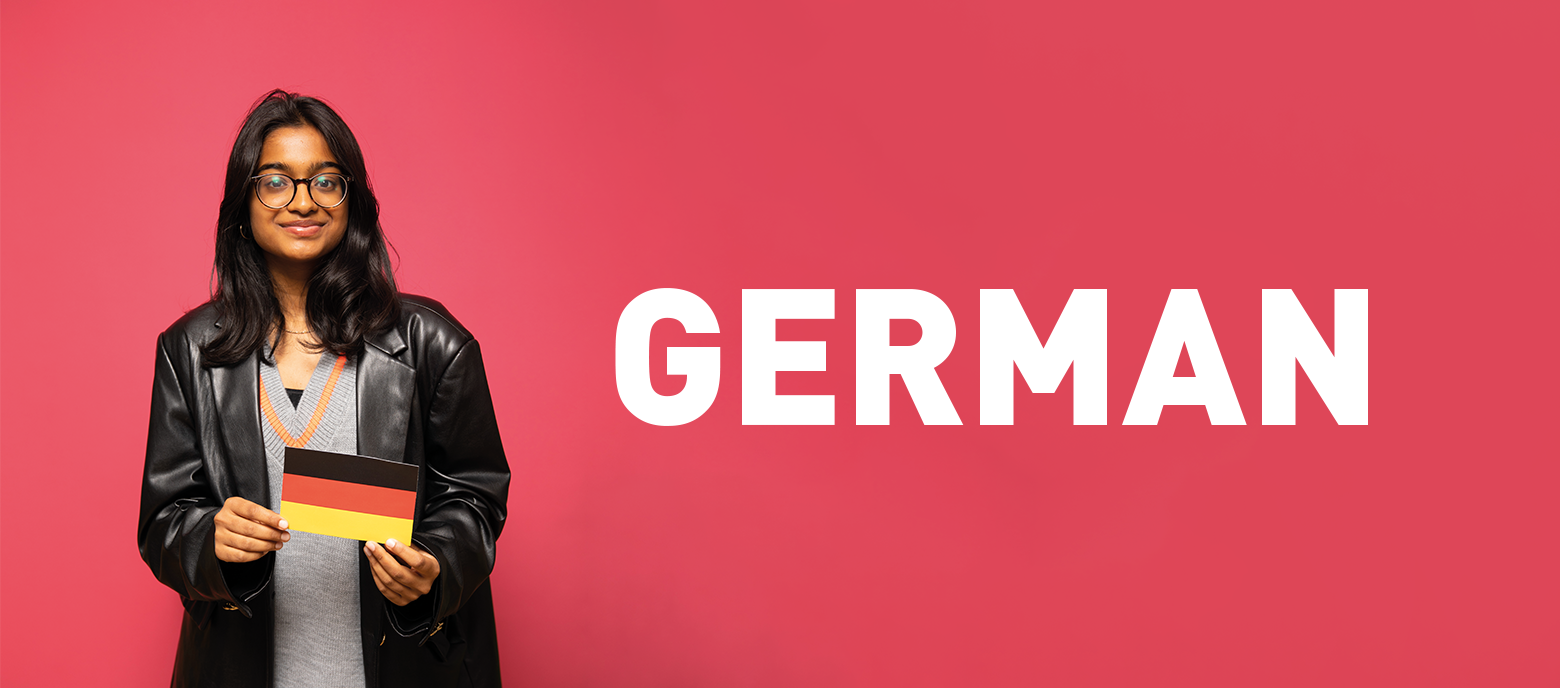Examination Board: Edexcel
Taking a modern foreign language at A-level will be an asset for life. If you speak one or more languages, research shows that your brain is already more flexible and efficient at many important tasks than that of someone who only speaks one language. In the current international economic climate, people with languages are increasingly in demand; in fact there are limitless opportunities open to you if you have language skills. The study of a modern foreign language at A-level will give you an edge in virtually any career, regardless of whether you consider yourself a language specialist or not. All three modern foreign languages aim to offer trips abroad in the Sixth Form and in previous years, students have taken part in cultural trips to Berlin, the French Riviera and Seville. Cultural opportunities are offered outside the classroom and students are encouraged to watch foreign films, visit art exhibitions and attend talks and events at each of the languages’ respective cultural institutes in London.




